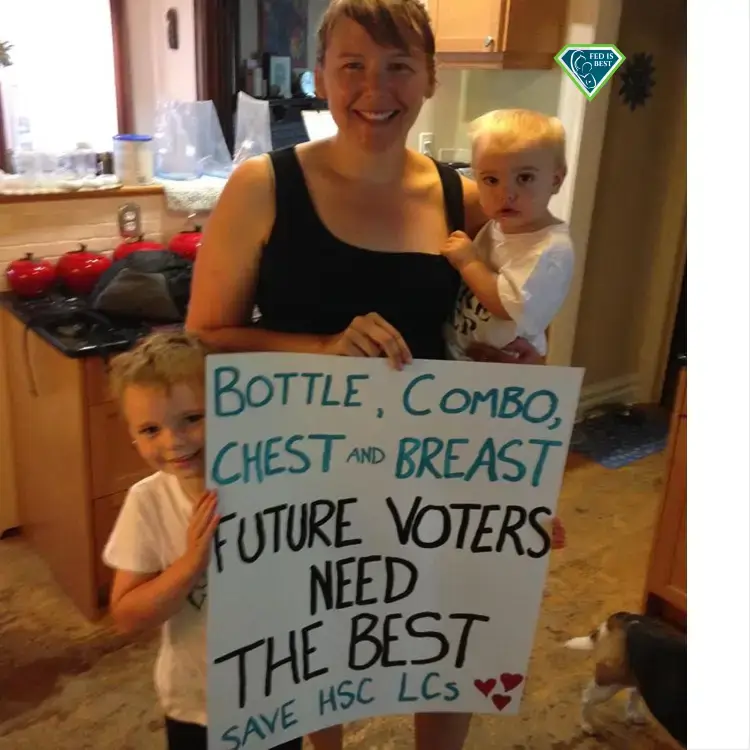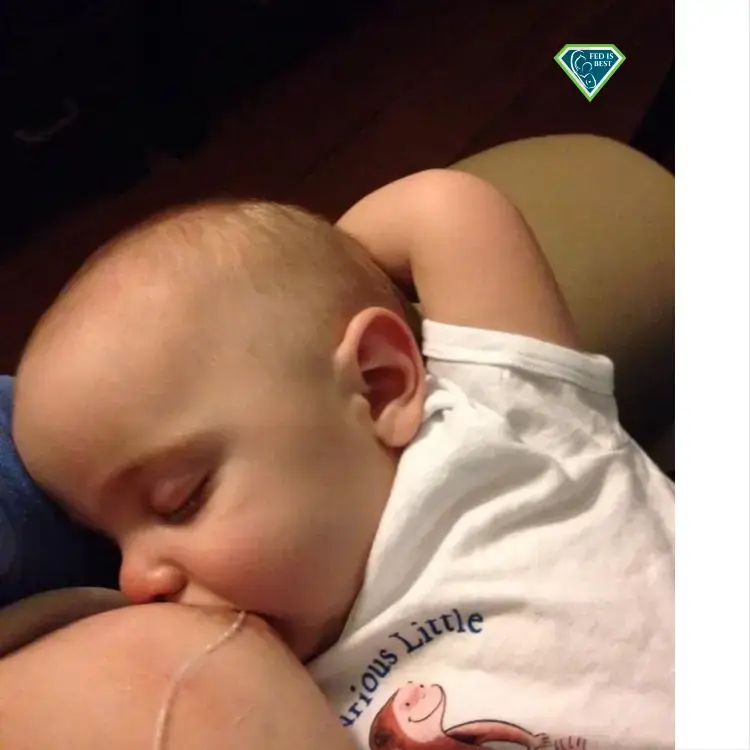Christie del Castillo-Hegyi, M.D.
Another day, another distortion pushed by supporters of the Baby-Friendly Hospital Initiative, who no longer have any reasonable justification for endangering newborns with their policies, namely policies that increase the risk of accidental suffocation, newborn falls and starvation-related brain injury from strict exclusive breastfeeding promotion. Never in the history of Western medicine have we had decades of scientific evidence that a public health policy increases the risk of brain injury, disability and death in infants while millions of dollars are used to promote the policies’ “benefits” while actively suppressing knowledge of its risks. Since they no longer have any defense for their unsafe practices, they use the old and tired argument that anyone who criticizes or raises awareness on the safety issues of their policies must be funded and influenced by formula industry.
The most recent attempt to suppress the opinions of its critics occurred on December 18, 2018 when Women’s eNews published a highly biased and inaccurate article aimed at discrediting one of the BFHI’s critics, Dr. Ronald Kleinman, who published an editorial along with two other pediatricians, Dr. Joel Bass and Dr. Tina Gartley, in the medical journal JAMA Pediatrics regarding the serious safety issues associated with the BFHI protocol, entitled, Unintended Consequences of Current Breastfeeding Initiatives.






